#jewish heritage
Text
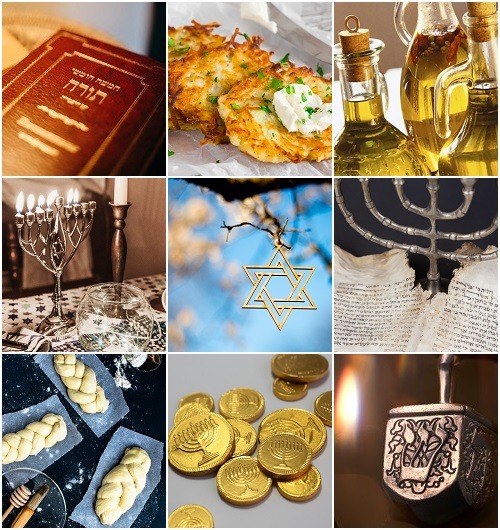
Holidays: Chanukah (Hanukkah)
The darkness of the whole world cannot swallow the glowing of a candle.
#chanukah#hanukkah#jewish holidays#jewish history#december holiday#jewish#judaism#Eight nights of Chanukah#festival of lights#Robert Altinger#kislev#menorah#sufganiyot#latkes#dreidels#holidays#holiday aesthetic#Holiday moodboard#jewish culture#jewish heritage#jewish tradition#jewish spirituality#cultures#Culture aesthetic#100 notes
286 notes
·
View notes
Note
jewish culture is not feeling super connected to your heritage and feeling like you don't know that much about judaism until you visit a jewish museum and you're like oh wow i recognize all of these things...from centuries ago...and have the same traditions...my ancestors would be proud of me :)
!!
101 notes
·
View notes
Text

Ethan and Anne Görner in The Phantom of the Opera
Ethan was the first Jewish actor in history to perform the role of The Phantom. A favourite of Hal Prince, Ethan performed the role on West End as well as in Toronto, Vienna and Germany.
Together with Hal he worked to include as many aspects of Erik, the Phantom, from the original Leroux novel as possible in the musical, earning him the nickname "The Leroux Phantom" amongst Phans.
#ethan freeman#poto#phantom of the opera#european musicals#the phantom of the opera#jewish artist#jewish actors#jewish heritage#jewish history#jumblr#jewish#jewblr#hal prince
82 notes
·
View notes
Note
I really appreciate your blog.
Your normal about gerim, right? I've seen people use us as a reason to deny Jewish indigeneity, completely ignoring that many if not most Indigenous peoples had practices of "adopting" people into their culture/religion/community before colonialism- the only difference is that instead of getting rid of the practice we just formalized it.
Ilysm <3
This is the second ask I’ve gotten about gerim, which is funny because my dad is one.
Whoever uses gerim as an excuse to delegitimize Jews in any way doesn’t know anything about Judaism. Or indigeneity. Or much about religious and cultural developments throughout history at all really.
If conversion somehow made the Jewish people and Jewish heritage and history less legitimate, Halacha wouldn’t allow it. If hundreds of years of rabbis can be “normal” about gerim, random uneducated goyim on the internet can be too.
#ask#jewish conversion#jumblr#antisemitism#jews are native to israel#jewish people#jewish heritage#jewish religion#jewish culture#israel#Israel is the Jewish homeland
62 notes
·
View notes
Text
Jewish SF/F books for Jewish Heritage Month

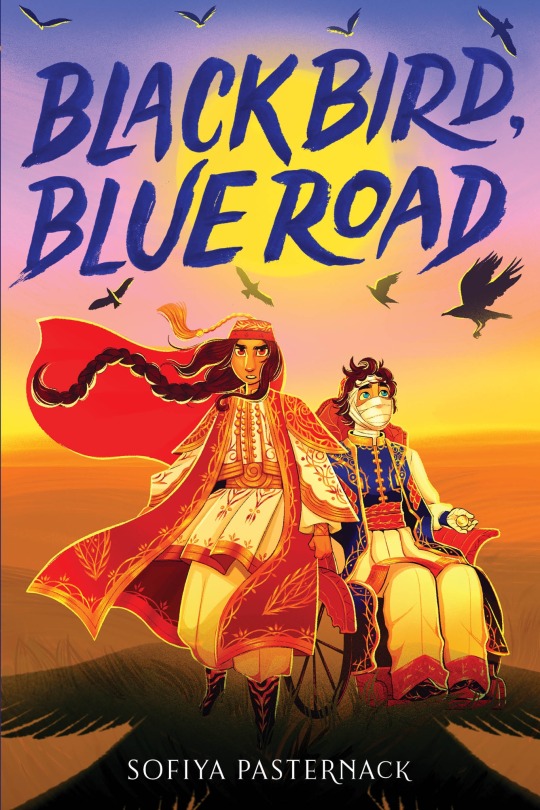

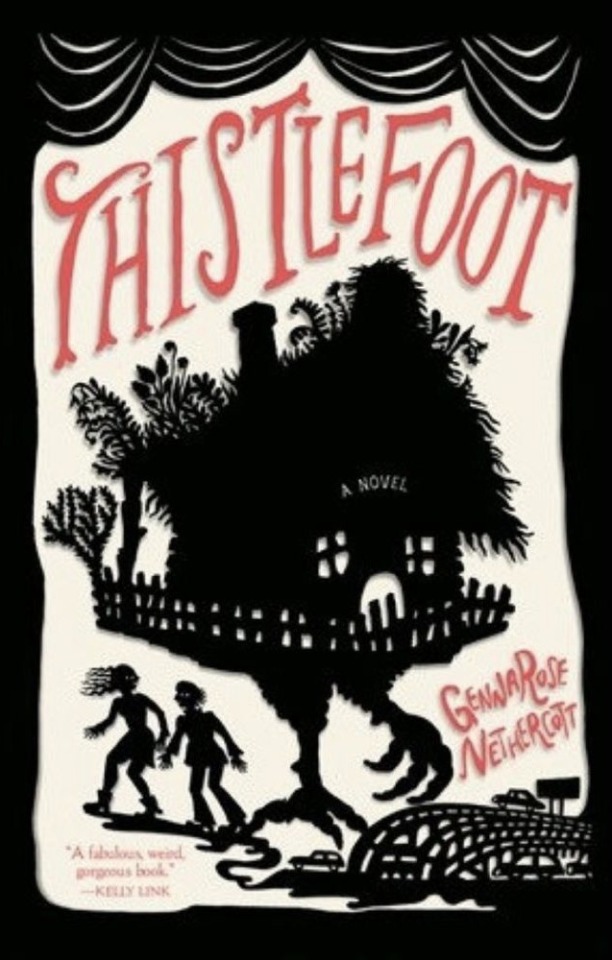
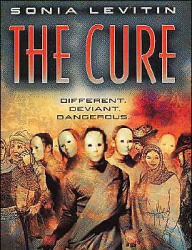
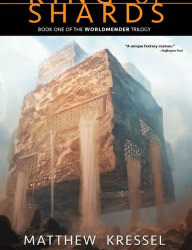


I highly recommend you check out these novels! This is just the tip of the iceberg.
#jewish#fantasy#judaism#books#novels#sci fi#jewish heritage#jewish american heritage month#sff books#jewish folklore#jewish books#jewish mythology#jewish fiction#the arcadia ledger
215 notes
·
View notes
Text


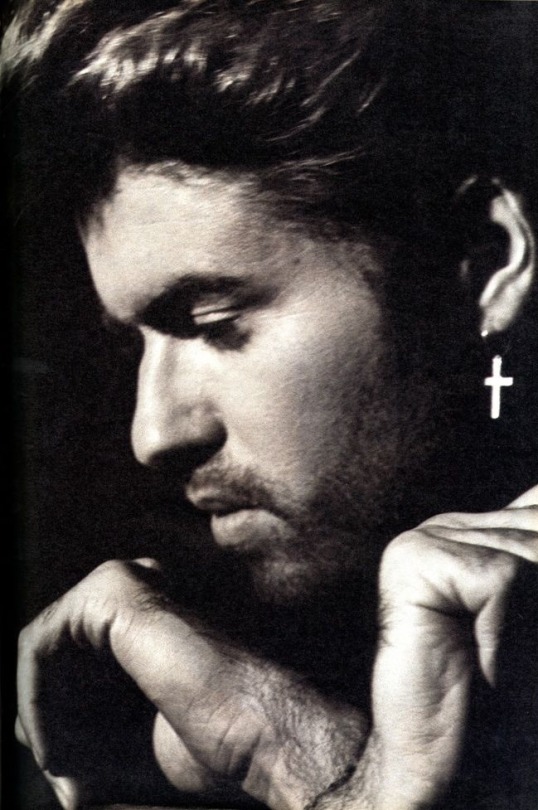
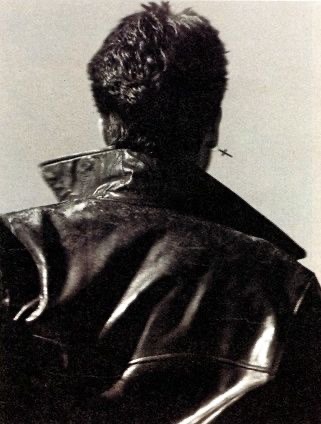
George Michael photographed by Herb Ritts for Interview magazine’s October 1988 issue.
In 2008, Michael revealed to the Los Angeles Times that his maternal grandmother was Jewish, but she married a non-Jewish man and raised her children with no knowledge of their heritage due to her fear during World War II.
Photographer Herb Ritts was also of Jewish descent.
#george michael#herb ritts#interview magazine#jewish#jewish culture#jewish artists#jewish community#jewish music#jewish pop culture#music#jewish heritage#pop culture#pop#rnb#r&b#80s#1980s#jewish history#lgbtq artist
231 notes
·
View notes
Text
Shanah tovah pop-up cards from the Jewish Heritage Collections are now digitized and available at the Jewish Heritage Collection Digital Archive!
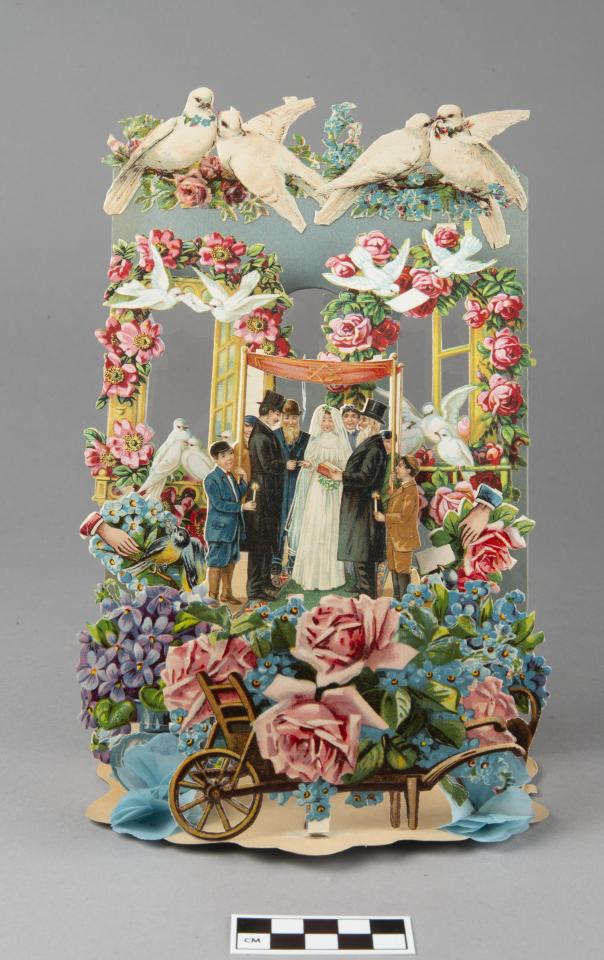
Shanah Tovah pop-up card. JHC-E0001. Gift of Constance Harris.

Shanah Tovah pop-up card. JHC-E0011. Gift of Constance Harris.
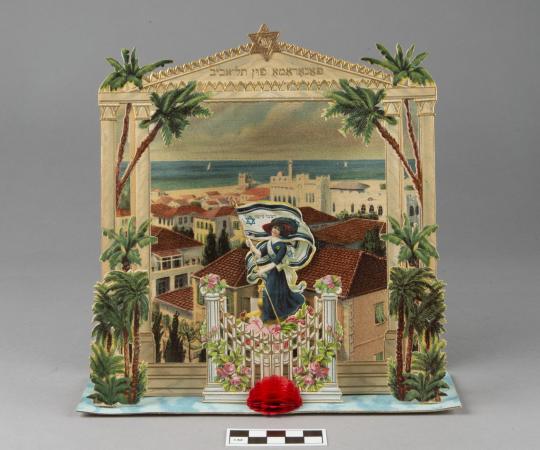
Shanah Tovah pop-up card. JHC-E0017. Gift of Constance Harris.
View pictures of the other shanah tovah pop-up cards from the U-M Library Jewish Heritage Collection
#special collections#libraries#archives#digital collections#libraries and archives#special collections libraries#jewish heritage#jewish holidays#jewish heritage collection#shanah tovah
93 notes
·
View notes
Text
“More than most, Jews have known insecurity, whether in the land of Israel or elsewhere. Too often home turned out to be no more than a temporary dwelling, a Sukka. Yet with its genius for the unexpected, Judaism declared Sukkot to be not a time of sadness but the ‘season of our rejoicing’. For the tabernacle in all its vulnerabilities symbolises faith: the faith of the people who set out long ago on a risk-laden journey across a desert of space and time with no more protection than the sheltering of the divine presence. Sitting in the Sukka underneath its canopy of leaves I often think of my ancestors and their wanderings across Europe in search of safety, and I begin to understand how faith was their only home.”
— Rabbi Pinchas Hackenbroch, Rabbi Sacks And The Community We Built Together
#rabbi pinchas hackenbroch#quotes#text#words#writing#language#judaism#jumblr#jewish tag#sukkot#jewish heritage#jewish history
287 notes
·
View notes
Text
Marc and Bella Chagall – Legend and Love

Marc Chagall (Russian, 1887-1885) • Bella with White Collar • 1917

Bella Rosenfeld Chagall (1895-1944)
Marc Chagall's wife and muse, Bella, was the subject of many of the artist’s paintings. They met in the Russian-Jewish village in Belarus where they both grew up and fell in love at first sight.
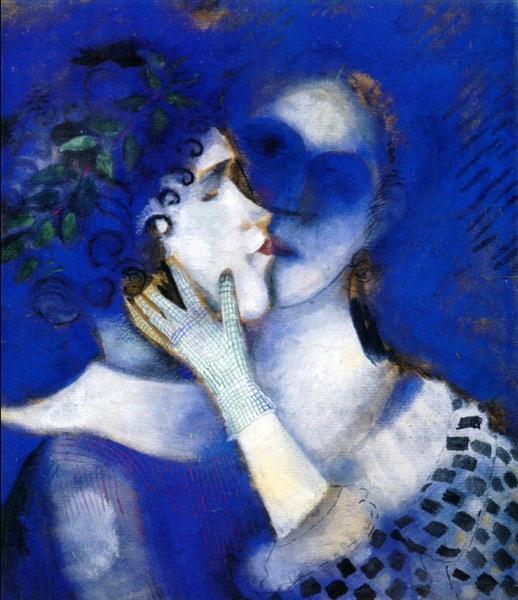
The Blue Lovers • 1914
Bella Rosenfeld was a talented writer. Her memoirs were written between 1939 and her death in 1944. Written in Yiddish, they tell the stories of Bella's experiences growing up in a small village in Belarus, from early childhood and adolescence and her early relationship with Chagall.
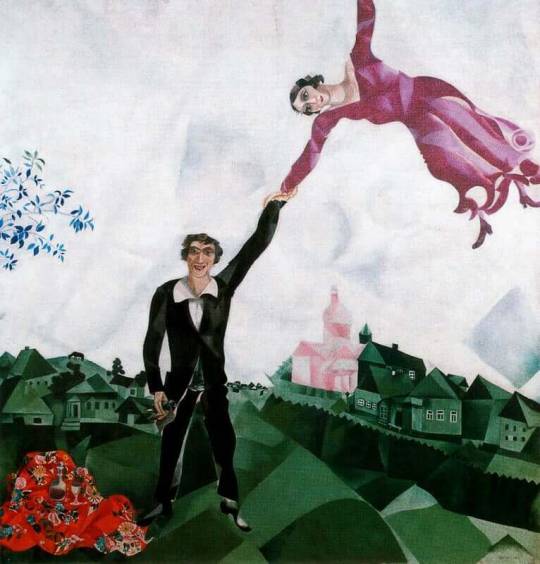
The Promenade • 1917
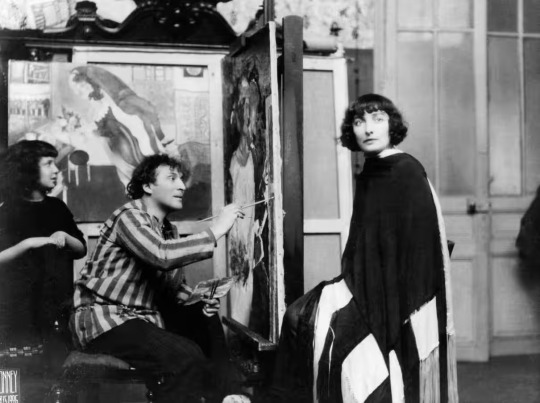
Marc, Bella, and their daughter Ida in his Paris studio • c. 1924
After her death Chagall and Bella's only child, Ida, worked together to collect and edit Bella's writings and publish them as books. Ida translated the text from Yiddish to French and Chagall created 32 illustrations and an afterword. Burning Lights was published in 1946. The second volume, The First Encounter was published the following year.

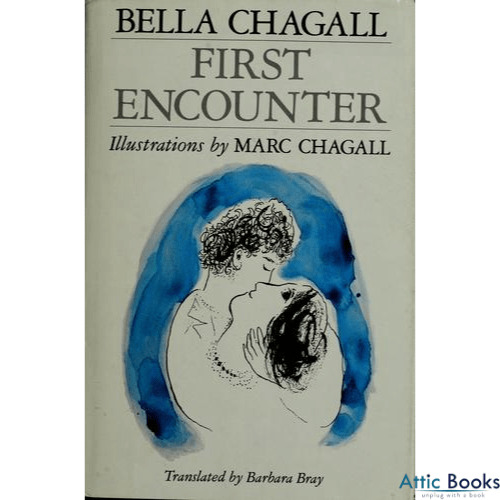
“When you did catch a glimpse of his eyes, they were as blue as if they’d fallen straight out of the sky. They were strange eyes … long, almond-shaped … and each seemed to sail along by itself, like a little boat.” – Bella Chagall, The First Encounter
Sources:
marcchagall.net
commentary.org
Internet Archives: Full text of Burning Light
European Literature Network: A review of Burning Lights and First Encounter by Mika Provata-Carlone
Yiddish Book Center
Wikipedia entry for Bella Rosenfeld
#art#painting#fine art#marc chagall#bella rosenfeld#artist muse#jewish heritage#memoirs#the burning lights#the first encounter#chagall illustrations#ida chagall#paris#belarus#russian artist#jewish artist#20th century european art#jewish writers#pagan sphinx art blog#writings on art
33 notes
·
View notes
Text
My mom got a DNA test done and it didn’t tell us anything we didn’t already know.
Ukrainian Ashkenazi.
The Wiseman Family.
We know where we come from.
We went as far North as we could when there was nowhere safe for us in Eastern Europe. We made a home for ourselves in Lerwick, Scotland.
Scotland, the only country in Europe that has never expelled Jews, kept us safe for a while, but a poor family could only live at the end of the world in the Arctic Circle for so long. There were too many fishermen and not enough people to buy fish.
Between wars, we went South again, to Germany.
We didn’t stay.
I am grateful every day that my great-great grandfather could see that there was trouble coming for his family. He sent his four children and wife to Canada and followed the next year. So many of us did not.
We found a place in Toronto where we watched what happened to our loved ones in Europe. We forgot Hebrew. It was easier that way.
My great-grandmother kept secrets:
Her first daughter, born out of wedlock, was raised by her parents as one of their own.
Her second daughter was told that her father was dead, rather than divorced away (it was a different time— divorce was shameful, death was inevitable).
Her job was mysterious. Officially, she worked for the state department as a pay roll clerk. I don’t know why any pay roll clerks would have traveled to Russia during the Cold War, but she did many times.
The secret she kept the longest was her heritage. As far as anyone knew, she was a severe Scottish immigrant and fiercely proud of it. Only my mother, her favorite, had suspicions.
When Granny Annie Wiseman died, she left everything to her favorite granddaughter. The money, the house, and everything inside it. Every memory of who we are.
Years later, my mother fell in love with a Jewish man. They raised me together. I had the privileges and the pains of knowing who I was. I carry our family burdens and I honor them.
Someday, I will name my daughter after the woman I never met who passed our heritage to me through the simple and brave act of survival. Her assimilation kept us alive. Her secrets got me here. She left the breadcrumbs that let us find our way home.
We know where we come from.
21 notes
·
View notes
Text


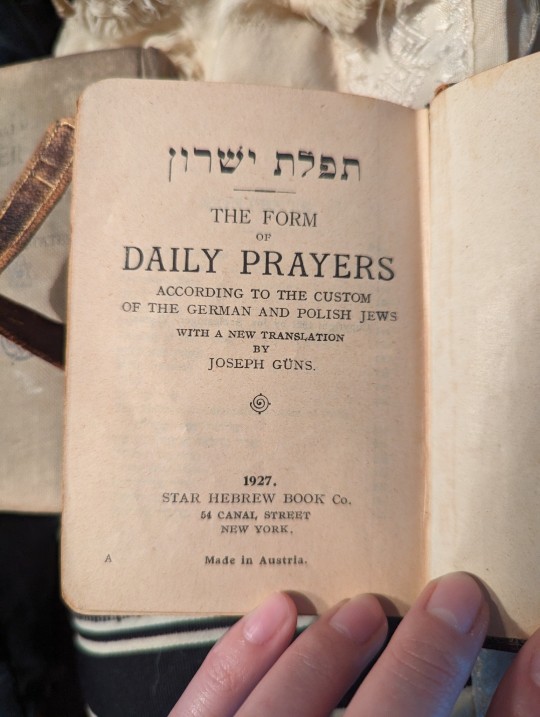
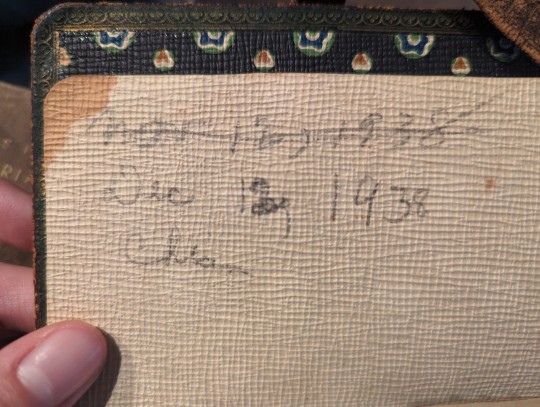
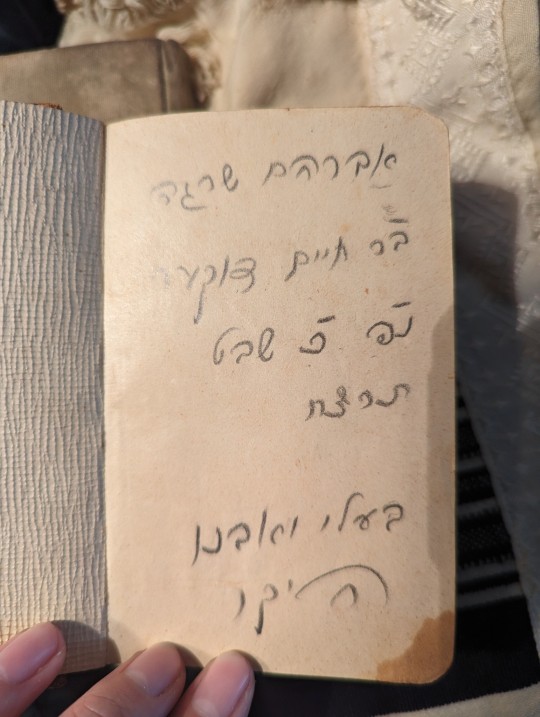
Small Daily Prayer book that belonged to my relative Saul Ducker. Published in 1927. Please let me know if you are able to read the notes he wrote!
#personal#jumblr#family#jewish heritage#gonna be posting a few of these since i was looking through some heirlooms my booba gave me
14 notes
·
View notes
Text
Jewish Heritage Month!
May is Jewish Heritage Month (here in America any ways) and I was thinking how to mark this and I thought I'd list out some common questions I get asked as a Jew. Spoiler, most of them are offensive, but usually people are asking honestly.
"wait Jews are real?"/"wait there are still Jews around?"
This happens more often then you would think. People raised in areas with few to no Jews, raised in a Christian Church environment are often shocked to learn in their teens or even in adulthood that Jews are not just historical. Yes we're real! unlike the Romans or other groups in the Bible we didn't pass into history, no the Jews did not become Christians, we're still around we're still our own religion/people.
"Are Jews Rich?"
This, along with "why are Jews Rich" "why do Jews like money so much" "are Jews Greedy?" etc etc is one of the most common questions Jews get. To answer honestly, like any group of people there are rich Jews and poor Jews. There are Jews in the top ten richest people in the world, and there are Jews who live in grinding 3rd world poverty without electricity or running water. The idea that Jews are rich, love money, and are greedy is an antisemitic stereotype used to demonize Jews.
"So Jews, it's like Christianity without Jesus right?"
This often comes from people raised Christian. The answer is no, Judaism is its own religion and is very different. Jews have their own holidays totally different from Christian ones, we use a different calendar, we worship on Saturdays rather than Sundays, our traditions are totally different. Going to Synagogue would be nothing like going to a Church where no one talked about Jesus.
"Do Jews hate/dislike/think they are better than Christians/Arabs/Muslims/non-Jews?"
No, I get asked versions of this, and accused of it, all the time. Unlike most religions Judaism does not require (nor does it even want) all people to join their faith to be "saved". Jews see gentiles as serving a different spiritual role in God's plan than Jews, not a lesser one, just a different one. So No Jews don't hate anyone
"Wait are Jews a race or a religion?"
both? but also neither? Jews are an ethnicity, an unique culture. Our religion, Judaism is a religion of a people, a lot like different Native American believe systems it tells the history of our people and the land we come from. As such while people can become Jewish, Jews don't seek to make people Jewish and becoming Jewish is a much longer and more complex process than conversion to Christianity or Islam.
"What's that funny hat you guys wear?"
In the US it's most commonly called by it's Yiddish name, a yarmulke, in Israel and by more religious people by the Hebrew name, a Kippah. Mostly worn by men, some women in liberal communities particularly women Rabbis in the Reform movement wear them. Traditional Jewish men wear them most of the time, less traditional Jews only where them during prayer or at synagogue or other religious events. The Kippah serves as a reminder of God above us.
"Do Jews celebrate Christmas?"
Short answer: no. Somewhat longer answer: Some Jews, particularly American ones, put up Christmas trees, like ginger bread cookies, and give gifts. The USSR banned Christmas after the Revolution but couldn't get people to stop celebrating it so declared the tree and gift giving "New Years" celebrations so many many former Soviet Jews in Israel, Russia, Ukraine, and the US still put up "New Years Trees" however none of these Jews with trees and gifts are celebrating the virgin birth of Jesus.
"Do you have Jew Gold?"/"Where is your Jew Gold"
Thanks to South Park I was asked this question about a million times in middle school and high school and even some times in College. Some people were joking, some people were "joking" some people were totally serious. For the record, no, Jews do not carry around a little bag of gold.
"What do Jews think of Jesus?"
We don't, we do not think about Jesus. Most likely the only time your average Jew thinks about Jesus is when a Christian very awkwardly and intensely looks us in the eye and asks for our thoughts on their god.
"Jews are like white Europeans right?"
This gets phrased a lot of different ways. First off there are Jews who are clearly not. For example 4 million Jews are Mizrahi, Jews who originate in the Middle East and North Africa, another example are the Beta Israel community of Ethiopian Jews. Jews are an ethnicity so can be from many different races, there are hispanic, black, Asian and Native American Jews.
"Hanukkah thats like Jewish Christmas right?"
I literally never know what this even means, "Jewish Christmas"? If they're trying to ask if it's like the most important Jewish holiday then the answer is no. While Hanukkah is fun, it's not one of our major holidays. It also has nothing to do with Jesus if that what the question means, since it's celebrating events that took place 200 years before Jesus' birth.
If you're Jewish feel free to add your own favorite "favorite" wacky, odd, intrusive or strange questions you've been asked about our tribe. If you're not Jewish well feel free to just reblog, hope everyone has an enlightening Jewish Heritage month (and the hate crimes are low this time)
372 notes
·
View notes
Photo

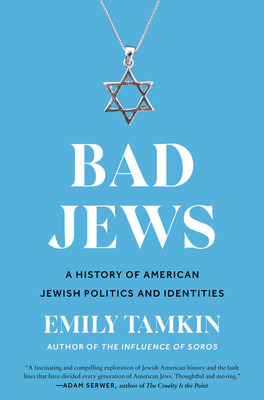


Nonfiction Recommendations: Jewish American Heritage Month
Black, White and Jewish by Rebecca Walker
The Civil Rights movement brought author Alice Walker and lawyer Mel Leventhal together, and in 1969 their daughter, Rebecca, was born. Some saw this unusual copper-colored girl as an outrage or an oddity; others viewed her as a symbol of harmony, a triumph of love over hate. But after her parents divorced, leaving her a lonely only child ferrying between two worlds that only seemed to grow further apart, Rebecca was no longer sure what she represented. In this book, Rebecca Leventhal Walker attempts to define herself as a soul instead of a symbol—and offers a new look at the challenge of personal identity, in a story at once strikingly unique and truly universal.
Bad Jews by Emily Tamkin
What does it mean to be a Bad Jew? Many Jews use the term “Bad Jew” as a weapon against other members of the community or even against themselves. You can be called a Bad Jew if you don’t keep kosher; if you only go to temple on Yom Kippur; if you don’t attend or send your children to Hebrew school; if you enjoy Christmas music; if your partner isn’t Jewish; if you don’t call your mother often enough. The list is endless.
In Bad Jews, Emily Tamkin argues that perhaps there is no answer to this timeless question at all. Throughout American history, Jewish identities have evolved and transformed in a variety of ways. American Jewish history is full of discussions and debates and hand wringing over who is Jewish, how to be Jewish, and what it means to be Jewish. In this book, Emily Tamkin examines the last 100 years of American Jewish politics, culture, identities, and arguments. Drawing on over 150 interviews, she tracks the evolution of Jewishness throughout American history, and explores many of the evolving and conflicting Jewish positions on assimilation; race; Zionism and Israel; affluence and poverty, philanthropy, finance, politics; and social justice. From this complex and nuanced history, Tamkin pinpoints perhaps the one truth about American Jewish It is always changing.
Genius & Anxiety by Norman Lebrecht
In a hundred-year period, a handful of men and women changed the way we see the world. Many of them are well known—Marx, Freud, Proust, Einstein, Kafka. Others have vanished from collective memory despite their enduring importance in our daily lives. Without Karl Landsteiner, for instance, there would be no blood transfusions or major surgery. Without Paul Ehrlich, no chemotherapy. Without Siegfried Marcus, no motor car. Without Rosalind Franklin, genetic science would look very different. Without Fritz Haber, there would not be enough food to sustain life on earth.
What do these visionaries have in common? They all had Jewish origins. They all had a gift for thinking in wholly original, even earth-shattering ways. In 1847 the Jewish people made up less than 0.25% of the world’s population, and yet they saw what others could not. How? Why?
Norman Lebrecht has devoted half of his life to pondering and researching the mindset of the Jewish intellectuals, writers, scientists, and thinkers who turned the tides of history and shaped the world today as we know it. In Genius & Anxiety, Lebrecht begins with the Communist Manifesto in 1847 and ends in 1947, when Israel was founded. This robust, magnificent volume, beautifully designed, is an urgent and necessary celebration of Jewish genius and contribution.
People Love Dead Jews by Dara Horn
Renowned and beloved as a prizewinning novelist, Dara Horn has also been publishing penetrating essays since she was a teenager. Often asked by major publications to write on subjects related to Jewish culture—and increasingly in response to a recent wave of deadly antisemitic attacks—Horn was troubled to realize what all of these assignments had in common: she was being asked to write about dead Jews, never about living ones. In these essays, Horn reflects on subjects as far-flung as the international veneration of Anne Frank, the mythology that Jewish family names were changed at Ellis Island, the blockbuster traveling exhibition Auschwitz, the marketing of the Jewish history of Harbin, China, and the little-known life of the "righteous Gentile" Varian Fry. Throughout, she challenges us to confront the reasons why there might be so much fascination with Jewish deaths, and so little respect for Jewish lives unfolding in the present.
Horn draws upon her travels, her research, and also her own family life—trying to explain Shakespeare’s Shylock to a curious ten-year-old, her anger when swastikas are drawn on desks in her children’s school, the profound perspective offered by traditional religious practice and study—to assert the vitality, complexity, and depth of Jewish life against an antisemitism that, far from being disarmed by the mantra of "Never forget," is on the rise. As Horn explores the (not so) shocking attacks on the American Jewish community in recent years, she reveals the subtler dehumanization built into the public piety that surrounds the Jewish past—making the radical argument that the benign reverence we give to past horrors is itself a profound affront to human dignity.
#jewish american heritage month#jewish heritage#judaism#nonfiction#nonfiction books#Nonfiction Reading#history#Reading Recs#reading recommendations#Book Recommendations#book recs#TBR pile#tbr#tbrpile#to read#Want To Read#Booklr#book tumblr#book blog#library blog
36 notes
·
View notes
Text
Ethan Freeman performs Stephen Sondheim's "No One Is Alone" at "Together at Hanukkah" an event of love and light for the Jewish community and raise money for the MDA the Magen David Adom the Israeli paramedic organization.
You can watch the full show featuring stars including Tovah Feldshuh and Avi Hoffman on Behindthemirrorofmusic.com here you can also find ways to donate.
---
Ethan Freeman has been a beloved star of the stage for over fourty years. His credits include being the first Jewish actor in history to perform the role of The Phantom in The Phantom of the Opera (performing the role on West End and also in Toronto, Vienna and Germany,) and being chosen by Disney to originate the role of "The Beast" for Disney’s Beauty and the Beast European premiere.
Other credits include: Javert in Les Miserables (West End,) and creating the dual role of Jekyll and Hyde for the original German premiere.
In recent years he has also become known for another artform: painting. Since October he has used this medium to fundraise for the MDA, donating the money for every painting sold to the charity.
#ethan freeman#poto#phantom of the opera#european musicals#stephanie brown#into the woods#jewish heritage#jewish tradition#jewish holidays#jumblr#jewish history#jewish
50 notes
·
View notes
Text
Shabbat Shalom ✨
With my cat Salomón who comes every morning to caress me when I want to start birkot hashajar and prayers 😁🇮🇱❤️ 🇦🇷😽
#jumblr#enjoy shabbat#shabbat shalom#my cat is adorable#Salomón#morningprayers#mitzvot#tefila#jewish people#jewish heritage#black cat#king solomon
40 notes
·
View notes
Text
Was watching TV with my little siblings and an ad came on for Jewish American Heritage Month and I know it's all performative but let me tell you the way my little sister's eyes lit up when she saw someone talk about Judaism and the word "Jewish" being said.....this is why representation matters.
178 notes
·
View notes